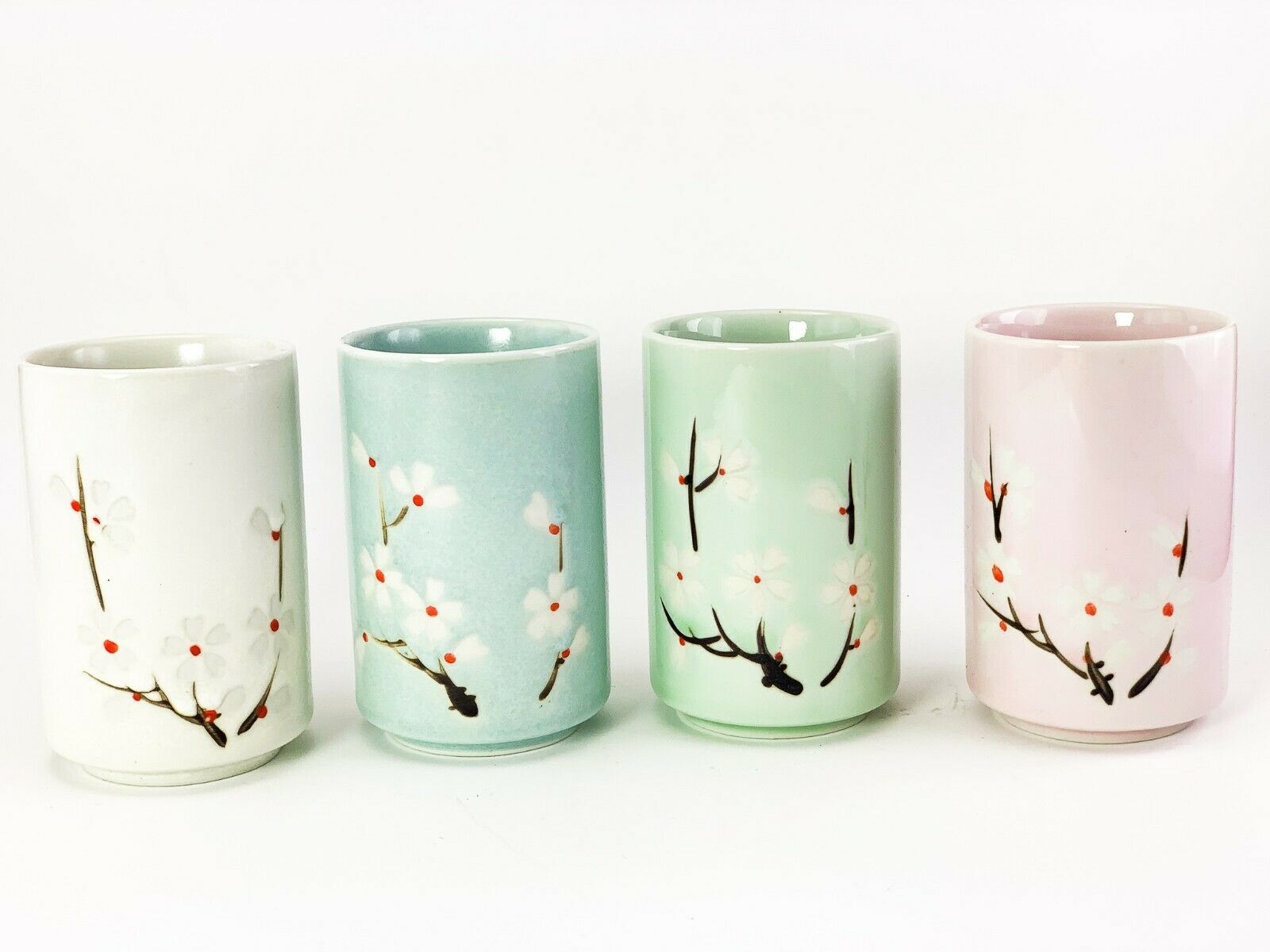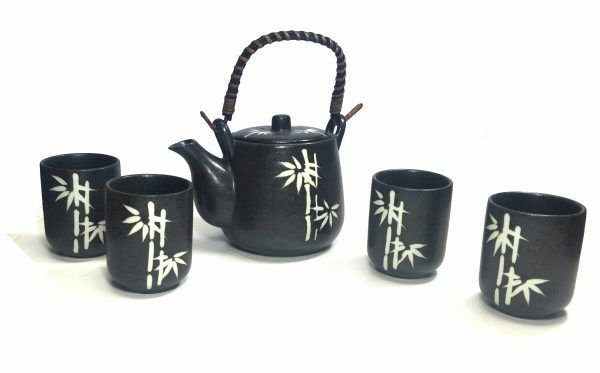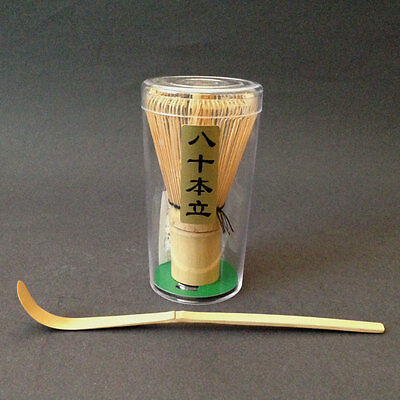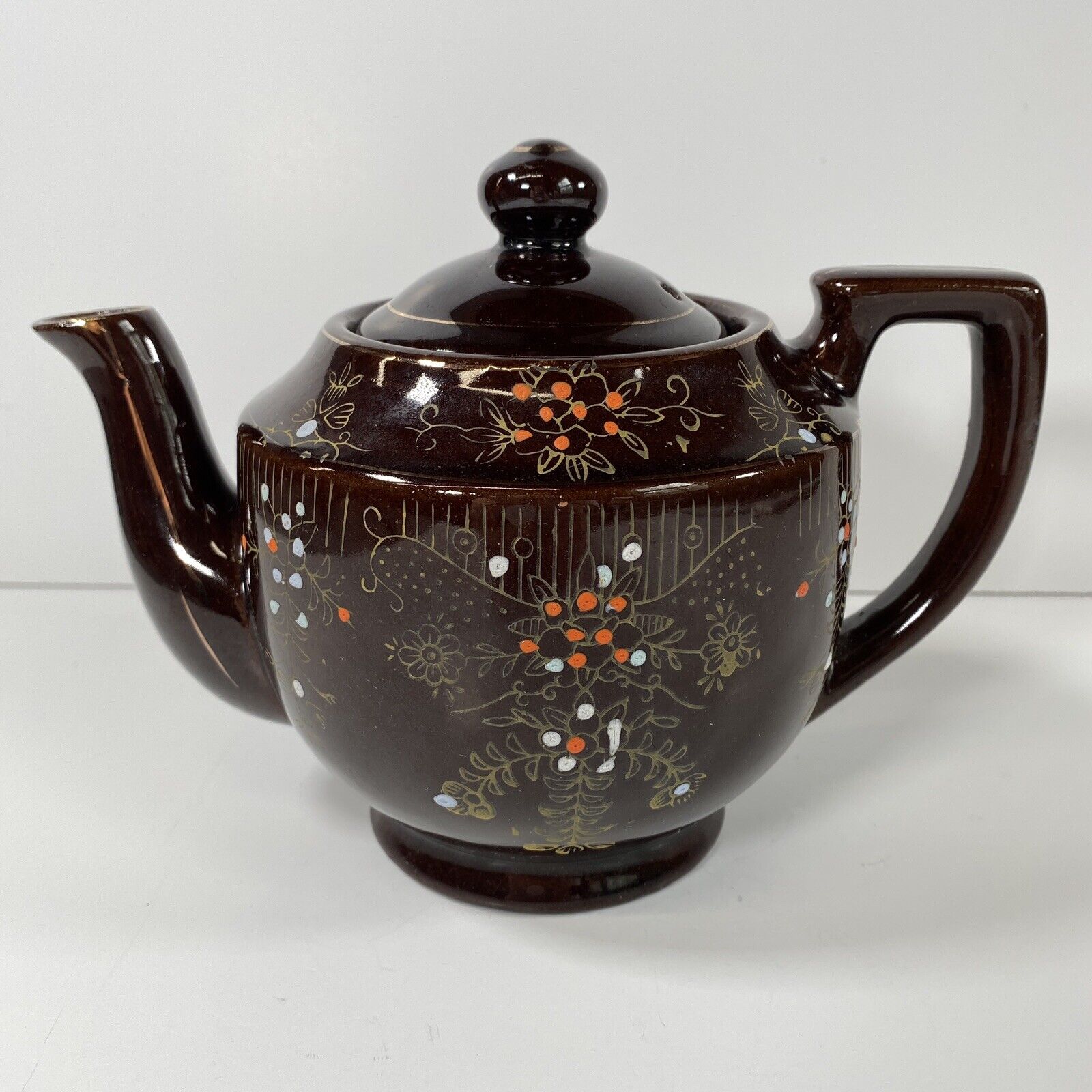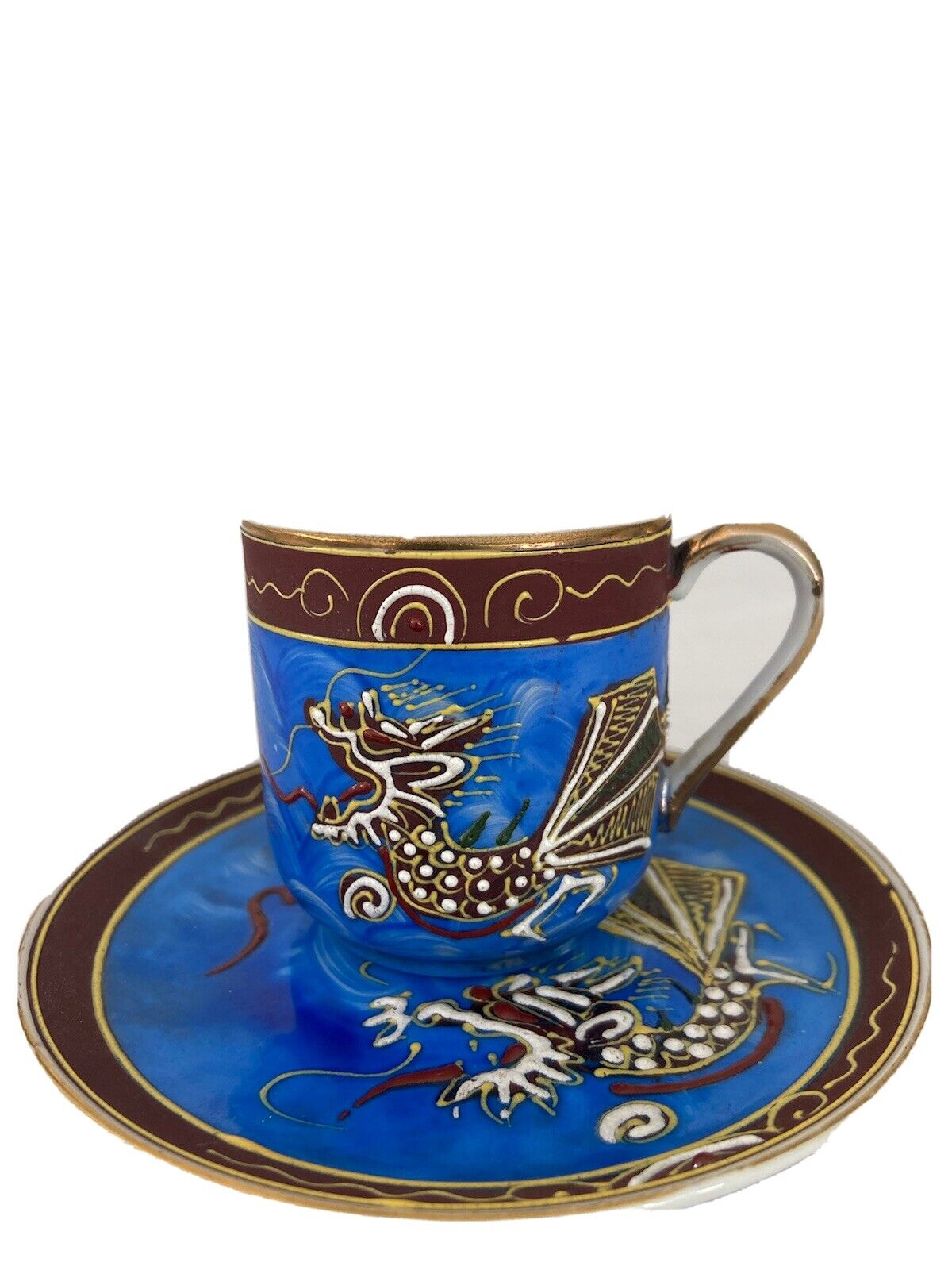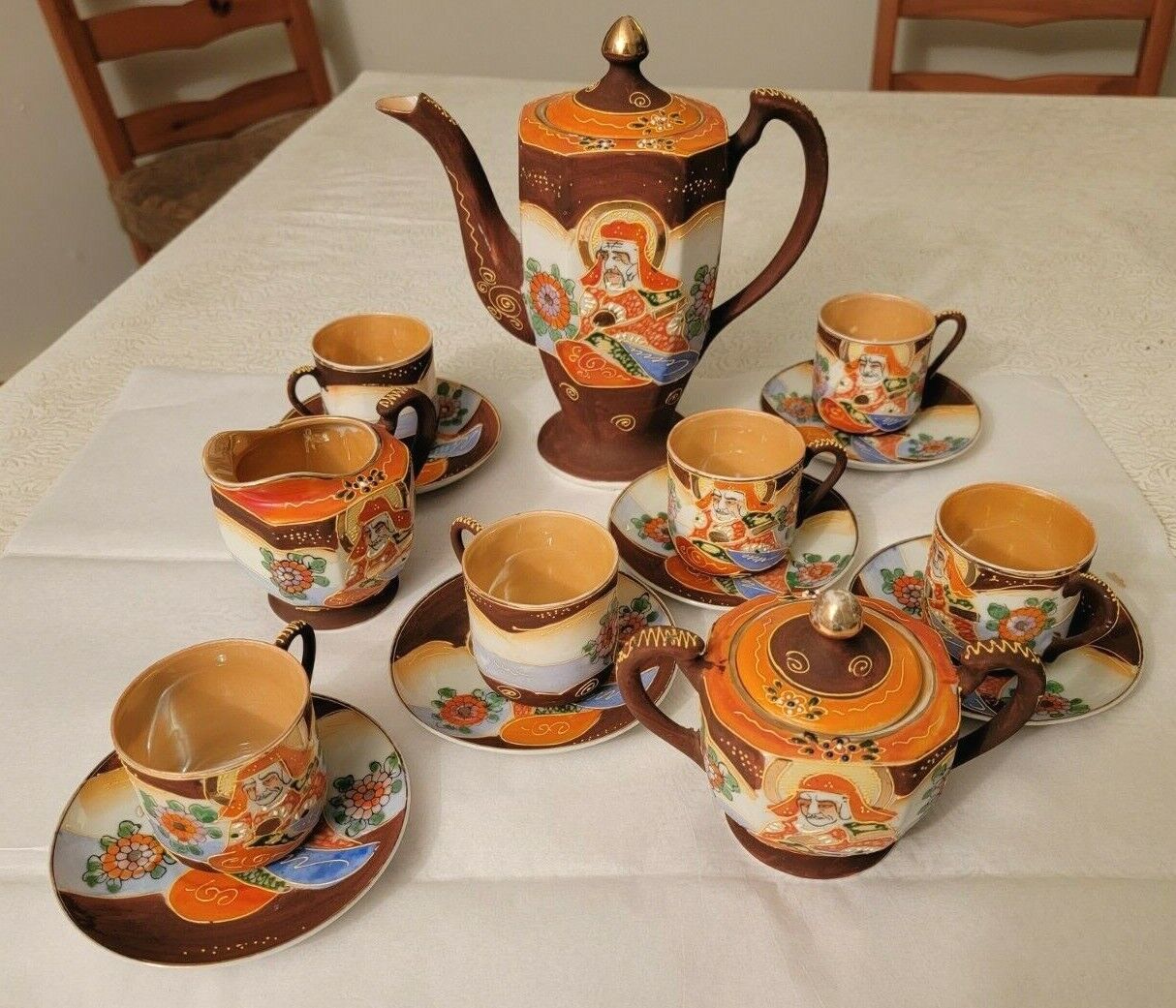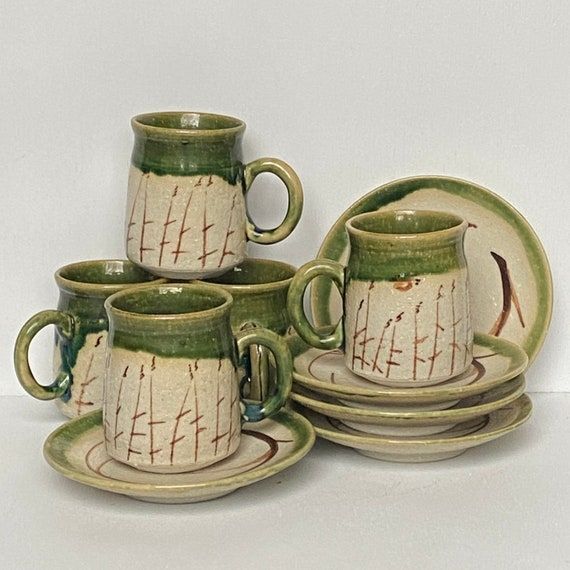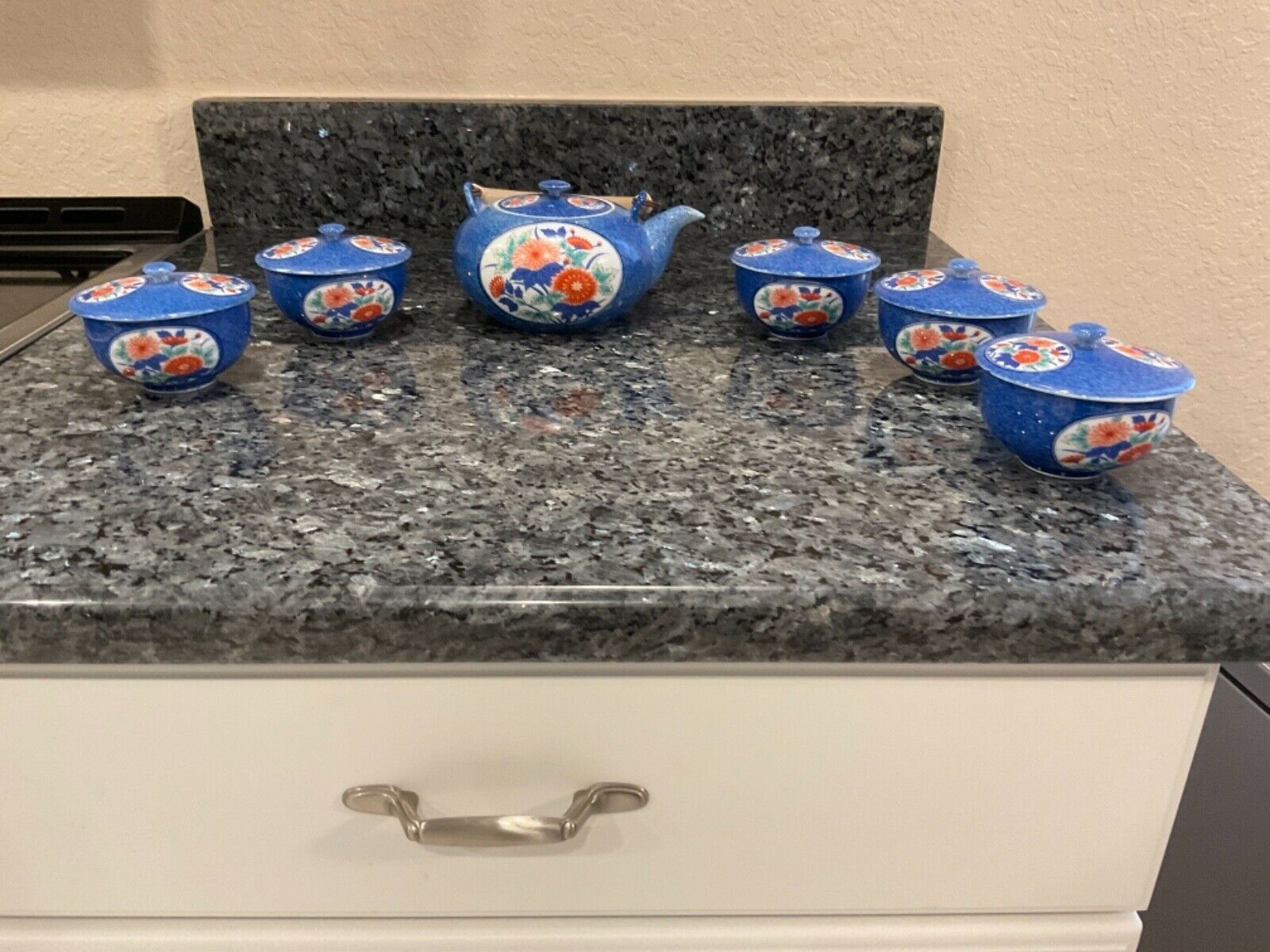-40%
Rare Japanese Oborisoma Ware (Soma Yaki) Small 2.5" Tea/coffee Cup with Saucer
$ 6.33
- Description
- Size Guide
Description
It's a rare find: Soma-yaki small Western style tea/coffee cup with a handle and saucer.Cup : 2.5" height and 3" diameter
Saucer: 5.5" diameter.
Clues: Pottery Mark on bottom of cup read
æ¥å±± (i.e, Haruyama Kiln) ç¸é¦¬ (i.e., Soma style)
Background:
ÅborisÅma ware (大å ç¸é¦¬ç¼), also known as Åbori ware (大å ç¼) or SÅma ware (ç¸é¦¬ç¼) is a form of Japanese pottery traditionally from the HamadÅri area of Fukushima Prefecture, in the TÅhoku region of Japan.
History
The production of ÅborisÅma ware began during the Genroku era (1688-1704) when suitable clays were found in what is now the town of Namie, Fukushima, which was used to make everyday utility items. Although the pottery came to the attention of the daimyÅ of SÅma Nakamura Domain, who encouraged production and lent the SÅma clan crest to choice examples, the pottery remained largely for common usage, and by the end of the Edo period there were over 100 kilns in the area. However, production rapidly declined after the Meiji restoration with the industrialisation of Japan and the increasing prevalence of mass produced pottery for everyday use. Production was only revived after the end of World War II and in 1978, ÅborisÅma ware was designated as one of the national objects of traditional craftsmanship.
The Fukushima Daiichi nuclear disaster in March 2011 severely affected this industry, as the village, located only 10 km away from the nuclear powerplants, was heavily polluted by radioactive material, and all craftsmen had to leave their workshops. A new workshop opened at Nihonmatsu, Fukushima; however, the traditional sources of clay and ceramic glaze are within the Fukushima exclusion zone and are now inaccessible.









